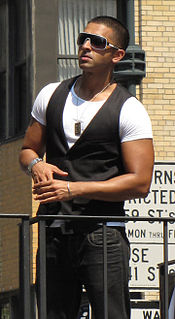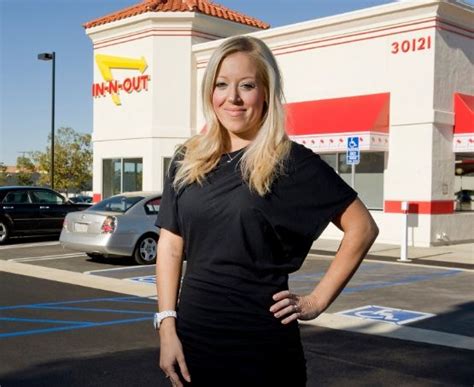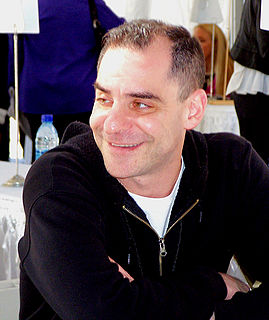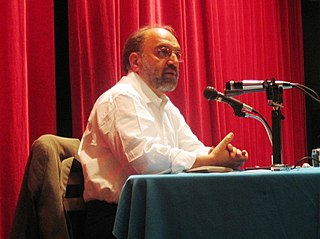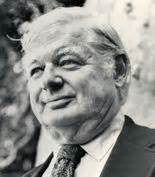A Quote by Sunita Williams
My father, who is deeply spiritual and religious, always stressed that my siblings and I remain true to our Indian roots.
Related Quotes
In its main features the Declaration of Independence is a great spiritual document. It is a declaration not of material but of spiritual conceptions. Equality, liberty, popular sovereignty, the rights of man - these are not elements which we can see and touch. They are ideals. They have their source and their roots in the religious convictions. They belong to the unseen world. Unless the faith of the American people in these religious convictions is to endure, the principles of our Declaration will perish. We can not continue to enjoy the result if we neglect and abandon the cause.
Something is amiss, deeply wrong, something is deeply wrong with the way we're living our lives collectively, with the way we are creating our collective experience on earth. And we are coming to the conclusion that the problem after all is not political, that the problem after all is not economic, that the problem after all cannot be solved with bombs or missiles or bullets, but that the problem in fact is spiritual, that the problem with the world today is as it has always been, a problem of our most basic beliefs. Without a doubt it`s a spiritual awakening and a spiritual revolution.
It is taboo in our society to criticize a persons religious faith... these taboos are offensive, deeply unreasonable, but worse than that, they are getting people killed. This is really my concern. My concern is that our religions, the diversity of our religious doctrines, is going to get us killed. I'm worried that our religious discourse- our religious beliefs are ultimately incompatible with civilization.
If psychoanalysis was late 19th century secular Judaism’s way of finding spiritual meaning in a post-religious world, and retail is the late 20th century’s way of finding spiritual meaning in a post-religious world, what does it mean that I’m impersonating the father of psychoanalysis in a store window to commemorate a religious holiday?
From the beginning, I've stressed that home is something internal, invisible, portable, especially for those of us with roots in many physical places; we have to root ourselves in our passions, our values and our deepest friends. My home, I've always felt, lies in the songs and novels that I love, in the wife and mother that I'm never far away from, in the monastery to which I've been returning for 25 years.
The spiritual differs from the religious in being able to endure isolation. The rank of a spiritual person is proportionate to his strength for enduring isolation, whereas we religious people are constantly in need of 'the others,' the herd. We religious folks die, or despair, if we are not reassured by being in the assembly, of the same opinion as the congregation, and so on. But the Christianity of the New Testament is precisely related to the isolation of the spiritual man.
Both our present science and our present technology are so tinctured with orthodox Christian arrogance toward nature that no solution for our ecologic crisis can be expected from them alone. Since the roots of our trouble are so largely religious, the remedy must also be essentially religious, whether we call it that or not. We must rethink and refeel our nature and destiny.






